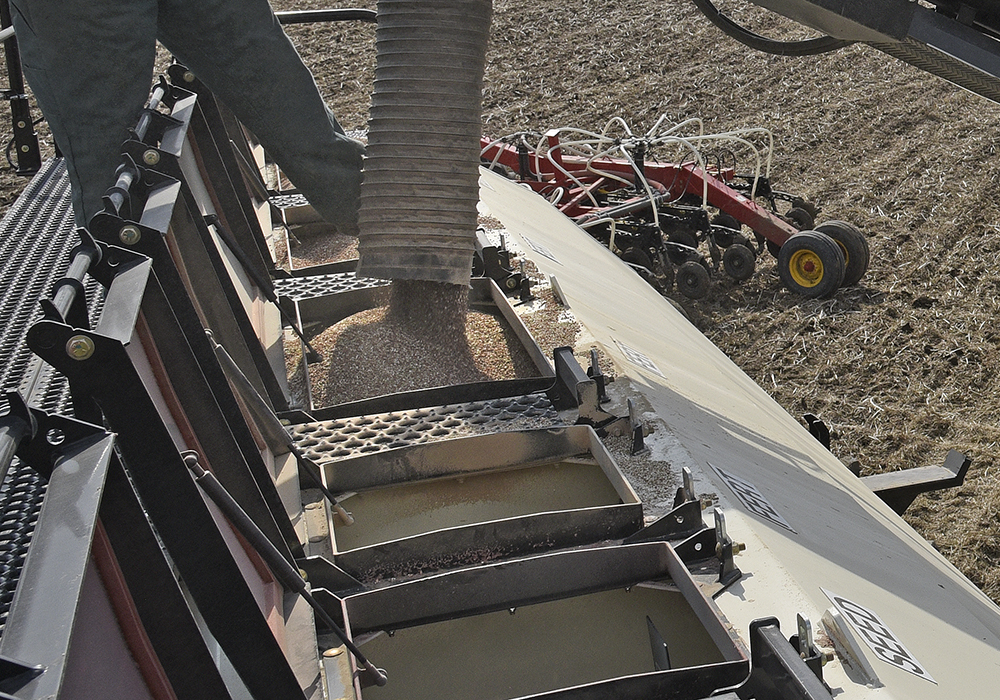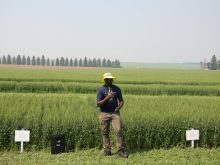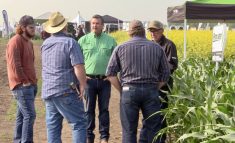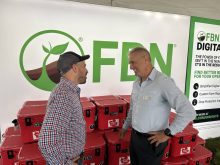Ag wasn’t big at the first clash of candidates, but fertilizer emissions reductions struck a note with would-be leaders
Front-runners in Alberta’s United Conservative Party leadership race have thrown their support behind proposals to form a provincial police service.
Brian Jean, Danielle Smith, Travis Toews and Todd Loewen backed the idea during a party forum held in Edmonton Aug. 30.
Meanwhile, other leadership hopefuls Leela Aheer, Rebecca Schultz and Rajan Sawhney questioned the need for an Alberta police service.
The issue was one of several the 124,000 UCP members will consider as ballots are now in the mail for the October vote that will pick the province’s next premier.
Read Also
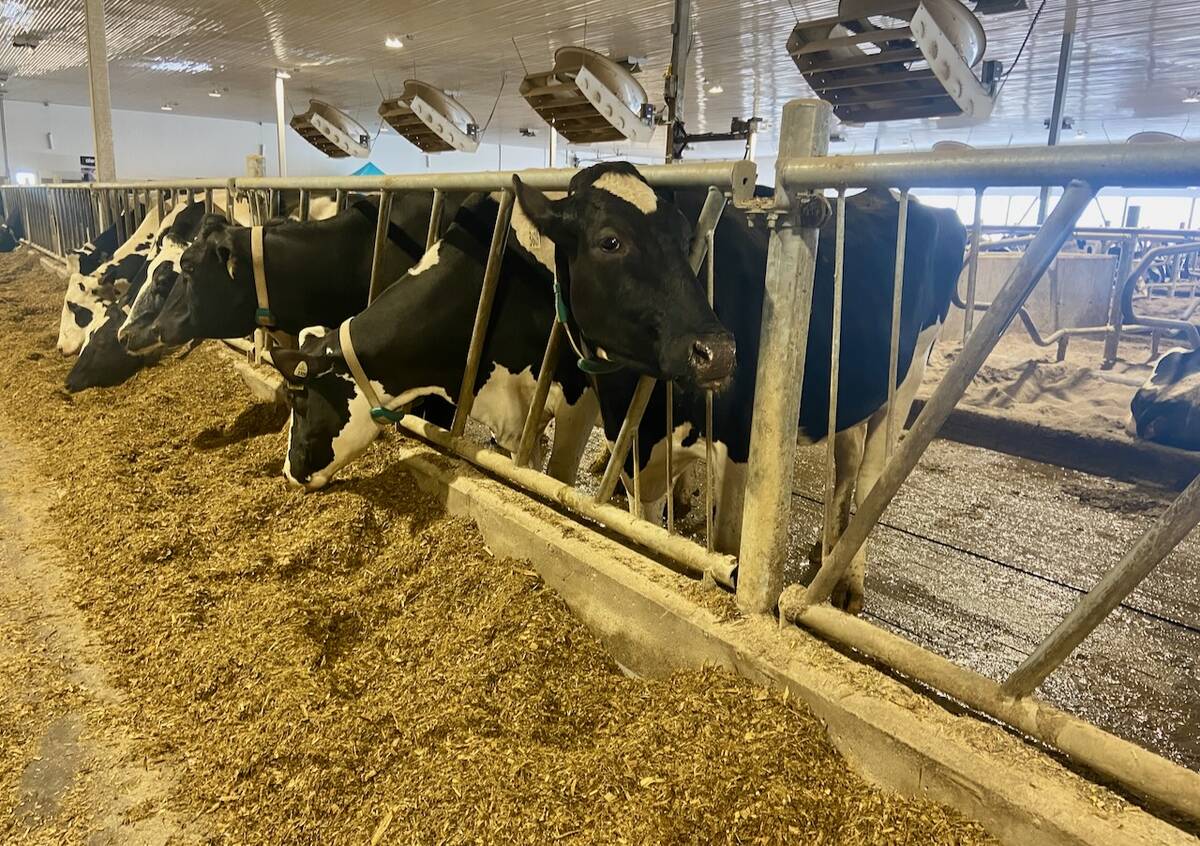
U.S. farm group supports supply management
U.S. grassroots farm advocacy group pushing new agriculture legislation that would move towards supply management like Canada has for dairy industry
“When Alberta municipalities and rural municipalities resoundingly reject the idea of an Alberta provincial police force, we have to listen. That’s been the whole criticism of government, that we have not been listening,” Sawhney said to Smith during the Edmonton debate.
“Danielle, you are not listening when you are enforcing the idea of an Alberta provincial police force without effectively engaging with those who are saying ‘no’.”
Smith, a vocal supporter of a provincial police force, shot back at the criticism, saying the move has the support of UCP members who passed a resolution on the question during the party’s 2020 annual general meeting.
“I think, Rajan, you just said you don’t accept the wisdom of our UCP members because the UCP members have voted on this and given us direction,” said Smith.
Sawhney said she disagreed, adding that the decision should be up to Albertans during a general election.
Toews said the RCMP have, “a deep culture of risk aversion and heavy bureaucracy from Ottawa,” so he would work with municipalities, “to bring them along to demonstrate the value proposition.”
Loewen said a provincial police service would provide another barrier between Alberta and Ottawa and be more responsive to Albertans needs.
Schultz asked, “what is the problem we’re trying to solve? We have the vast majority of municipalities against a police force.”
Aheer said bigger issues need to be addressed within policing beyond simply changing the name of a service.
While supportive of an Alberta police service, Jean acknowledged resistance from municipalities.
“With over 70 communities, rural communities in Alberta saying, ‘no, don’t take the RCMP away from us,’ we’re talking about bringing them along,” said Jean, adding municipalities should be able to make their own decision on who polices them.
“We have not gone to the issue, to the crux of the problem. In fact, government and some of my colleagues have jumped straight to the solution without defining the problem,” said Sawhney, a Calgary-based MLA and former minister of transportation.
While the first party-sanctioned debate in Medicine Hat was light on direct questions about the agricultural sector, it came up at the second, specifically regarding the federal emissions reduction target in fertilizer use.
Jean said agriculture is a federal-provincial jurisdictional matter and he would establish a cross-commodity advisory group to provide information to the government and push for Alberta-made fertilizers, so the province has the jurisdiction to manage it.
“It’s obvious why grain farmers are worried,” said Jean about the federal fertilizer emission targets. “It means ultimately less grain, less diversity in grains, less barley, less opportunities for feedstock for cow-calf producers, less opportunities for Alberta and Canada to continue to feed the world.”
Loewen was blunt in his response to the issue.
“I think the first thing we need to say to Ottawa is ‘no’,” he said. “For once we need to say no to Ottawa and actually stand up for Albertans.”
Toews said much the same.
“We need to push back on Ottawa when they step into Alberta to look to limit production,” he said regarding fertilizer. “Right now, the world needs more responsibly produced Alberta agriculture production.”
Toews highlighted the success of the push back against ground beef nutrition warning labels, a point Smith picked up on as well.
Smith also said protecting Alberta agriculture is, in part, what her proposed sovereignty act is designed to do.
“So, we can go back to the original relationship that we had with the federal government and push back against them in a meaningful way,” she said.
Mail-in ballots must be received by the party by Oct. 3 with in-person voting available on Oct. 6. The province’s next premier will be announced later that day.


